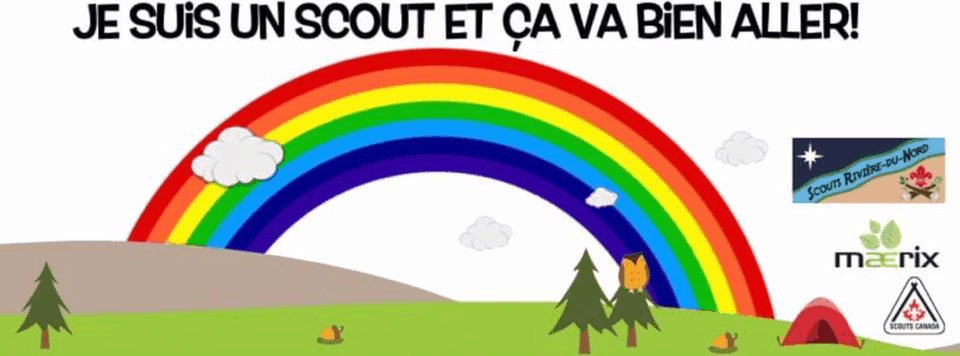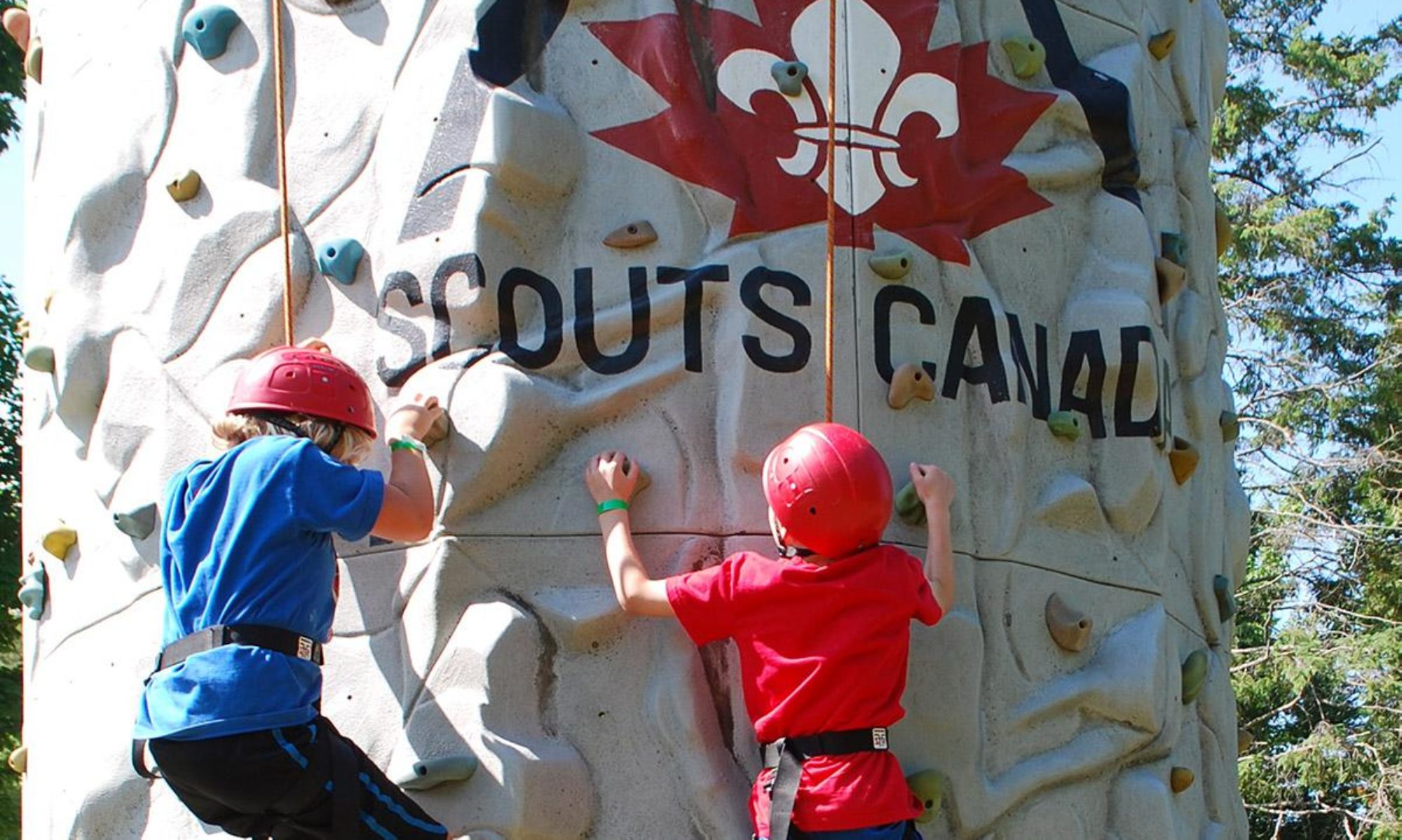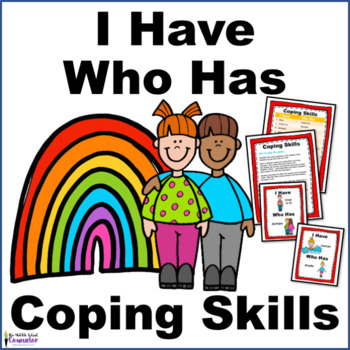(from Kids Help Phone Web site)

People across Canada and the world are practising physical distancing to help slow down the spread of COVID-19. This means we may be spending a lot more time inside and, potentially, adjusting to sharing our living spaces with others 24/7. Although we’re all adapting to these changes differently, it’s important for everyone sharing a living space to find a way to work together. And sometimes, this means giving each other time to take care of our own well-being.
Here are some ways you can take care of your mental, emotional, physical and spiritual health while sharing a living space during the coronavirus outbreak:
- create a schedule so everyone has a general idea of what to expect throughout the day
- talk to the people in your living space about your boundaries and set guidelines, if it’s safe to do so (e.g. when I’m sitting on my chair, that means I’m having “me time,” etc.). Encourage the people you’re sharing space with to do the same.
- plan time to connect with people outside your living space (e.g. with a call, text, email, video chat, etc.)
- connect with your Scouting friends and hold virtual activities (e.g. with a call, text, email, video chat, etc.)
- do Scouting at Home activities with your family, and share them on-line with your friends and contacts on social media (e.g. Facebook, Instagram etc
- find a quiet, private place where you can spend time on your own(if you can)
- switch things up by spending time in different areas of your living space
- spend time outside connecting with the lands, waters and wildlife (while practising physical distancing)
- camp or have a family picnic in your backyard
- plan time to do things together (e.g. playing games, watching a movie, sharing stories, etc.)
- try to be kind to yourself and allow yourself to feel your emotions rather than bottle them up (a tension release exercisecan help you manage feelings of anxiety or stress)
- make a list of things you can do either together or on your own (e.g. learning a new skill/hobby, cooking/baking, reading, cleaning, arts/crafts, working out, etc.)
- write a letter to other young people sharing how you’re feeling/encouraging thoughts (more details here!)
- if you’re struggling with abuse, substance useor anything else, remember to connect with a safe adult
- work together to protect yourselvesfrom getting sick (e.g. by washing your hands often, coughing/sneezing into your elbow, etc.)
- remember this is a temporary situation — we can get through this together! Try to take things one day at a time.
If you’re struggling with the changes the COVID-19 pandemic is bringing to your daily life, you’re not alone. There are things you can try to help make the situation better. It’s important to talk about what’s going on for you by reaching out to someone you trust.
Remember that support is available whenever you need it — you can always talk about whatever’s going on for you to someone you trust or a resource like Kids Help Phone https://kidshelpphone.ca/ or Tel-Jeune https://www.teljeunes.com/Tel-jeunes-en


